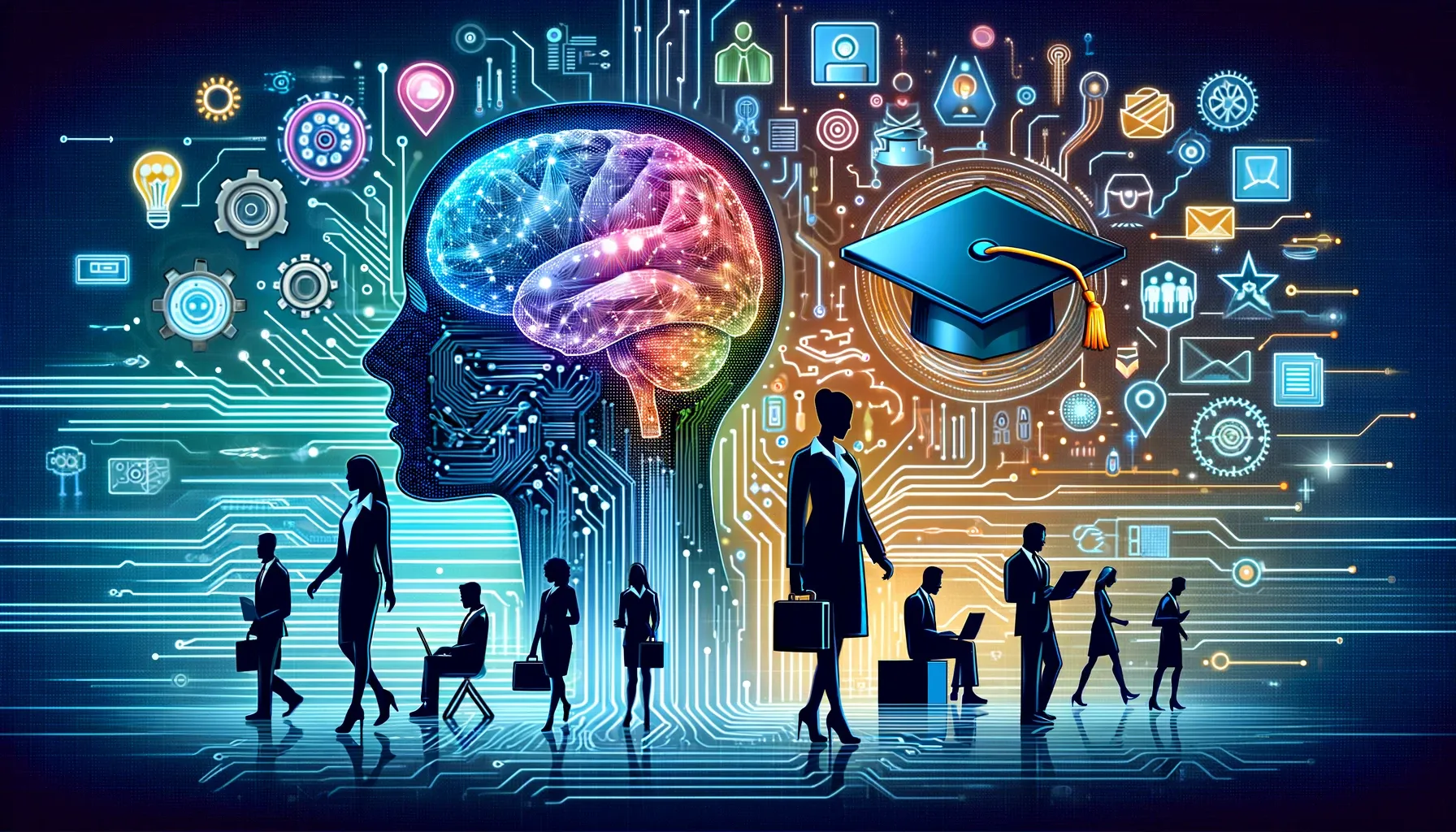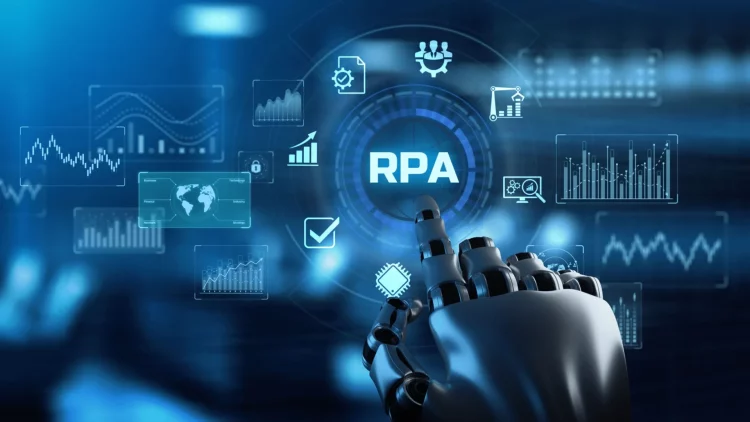Introduction: The Rise of the Machines
Over the last few decades, technological advancements have moved us closer and closer to a future where robots take on roles traditionally occupied by humans. From automated checkout systems at supermarkets to robotic surgeons performing life-saving operations, automation is gradually permeating various industries. But what would truly happen if robots were to take over most, if not all, human jobs?
At first glance, the idea may seem dystopian, a harbinger of massive unemployment and a loss of purpose for many workers. However, upon closer examination, it’s clear that such a shift could have both profound benefits and complex challenges. Let’s explore the potential impacts from different perspectives: economic, social, and technological.
Economic Impacts: Productivity vs. Unemployment
Increased Efficiency and Productivity
First and foremost, robots and artificial intelligence (AI) systems are incredibly efficient. Unlike humans, they don’t need sleep, rest, or breaks, and they can perform tasks with precision and consistency that far surpasses human capabilities. In manufacturing, for instance, robots can produce goods at an unprecedented rate, with fewer errors and less material waste. This surge in productivity would likely lead to cheaper products, faster services, and an overall increase in economic output.
Companies that invest in automation could see significant profit margins due to reduced labor costs. The increased use of robots in warehouses, factories, and even offices could make supply chains more agile, reducing production costs and improving delivery times. This could be especially advantageous for sectors like e-commerce, healthcare, and logistics, where speed and accuracy are paramount.
Job Displacement and the Labor Market

However, the flip side of automation is job displacement. The threat of mass unemployment due to robotic labor is a serious concern. In sectors like manufacturing, transportation, and even customer service, many jobs are already being automated, and this trend will likely continue. While this could lead to a decrease in human labor in certain industries, it’s important to note that automation has historically been linked to job transformation rather than complete elimination.
For example, during the industrial revolution, machines replaced certain manual jobs, but new industries and job categories also emerged—such as factory management, engineering, and design. The challenge today is that the pace of technological change may be too fast for workers to adapt, and the skills required for the jobs of tomorrow may be vastly different from those of today.
Universal Basic Income (UBI): A Solution or a Fantasy?
As automation becomes more widespread, discussions around Universal Basic Income (UBI) are gaining traction. UBI proposes that governments provide all citizens with a guaranteed income, regardless of their employment status. This could act as a safety net for those displaced by automation, allowing them to meet their basic needs while they retrain or pursue new career paths.
However, critics argue that UBI could be economically unsustainable in the long term, particularly if large swathes of the population become unemployed and the tax base shrinks as a result. Additionally, UBI doesn’t address the emotional and psychological impacts of losing work—many people find purpose and identity in their jobs, and simply handing out money may not be enough to maintain societal stability.
Social Impacts: Inequality and Quality of Life
Wealth Distribution and the Rise of Inequality
One of the most pressing concerns regarding a future with robotic labor is the potential for increased economic inequality. In a scenario where robots dominate the workforce, the owners of the robots—typically large corporations or wealthy individuals—stand to benefit the most. If these gains aren’t distributed equitably, the gap between the rich and the poor could widen dramatically.
The concentration of wealth and power in the hands of a few would likely lead to increased social unrest. Without widespread access to the opportunities created by automation, large segments of society could be left behind, leading to protests, strikes, and potentially destabilizing political movements.
Social Stratification and the ‘Leisure Class’
On the flip side, if automation leads to an abundance of goods and services, there is the possibility that we could see a shift toward a “leisure class” society. People could be freed from the drudgery of monotonous work and spend more time pursuing personal interests, creative endeavors, and intellectual pursuits. The potential for a better work-life balance, with shorter work weeks and more vacation time, could usher in a new era of personal fulfillment.
However, this would require a radical restructuring of how societies view work, and may not be equally accessible to all. The concept of a “leisure class” has historically been associated with wealth and privilege, and there is no guarantee that such a system could be implemented fairly without careful planning.
The Need for Human-Centric Roles
In a world where robots do the majority of work, it’s likely that human roles will pivot toward those requiring emotional intelligence, creativity, and social interaction. Professions in the arts, healthcare, and education may become even more valued, as these areas inherently demand a human touch. Therapists, caregivers, artists, and teachers are less likely to be replaced by robots due to the complex human emotions and judgment involved in these roles.
Technological Impacts: Innovation and Ethical Dilemmas

Technological Innovation: New Frontiers
The increasing reliance on robots could foster an environment of rapid technological innovation. With robots taking over mundane tasks, humans would have more time to engage in problem-solving, research, and creative endeavors. Many tech experts believe that a world with fewer labor constraints could lead to breakthroughs in fields like medicine, environmental science, and space exploration.
For instance, automation in healthcare could lead to faster diagnoses, more accurate surgeries, and the ability to personalize treatment for individual patients. The shift toward AI and robotics in scientific research could help solve pressing global issues, like climate change, resource depletion, and disease prevention.
Ethical Concerns: The Limits of Automation
However, as automation expands, ethical questions surrounding the use of AI and robots will become increasingly important. Should robots be granted rights? What ethical standards should guide their design and implementation? Who is responsible if a robot makes a mistake—its programmer, the company that deployed it, or the robot itself?
Additionally, the use of robotics in warfare, surveillance, and law enforcement presents concerns regarding privacy, civil liberties, and the potential for misuse. The prospect of fully autonomous systems that can make decisions without human oversight raises questions about accountability, especially in life-and-death situations.
Conclusion: A Balanced Future?
If robots were to take over our jobs, the effects would be far-reaching and multifaceted. On the one hand, automation could lead to increased productivity, improved quality of life, and technological innovation. On the other hand, it could exacerbate inequality, displace workers, and create significant social challenges.
The future, however, is not set in stone. Governments, businesses, and individuals will need to navigate this transition thoughtfully, ensuring that the benefits of automation are broadly shared and that the negative consequences are mitigated. A world in which robots perform the bulk of labor could be one of abundance and leisure—but only if we are careful about how we implement and manage this change.
Ultimately, the key to a successful future lies in education, adaptability, and social policies that support both workers and technological advancements. If done right, robots could free us from the grind of work and usher in a new era of human potential.










































